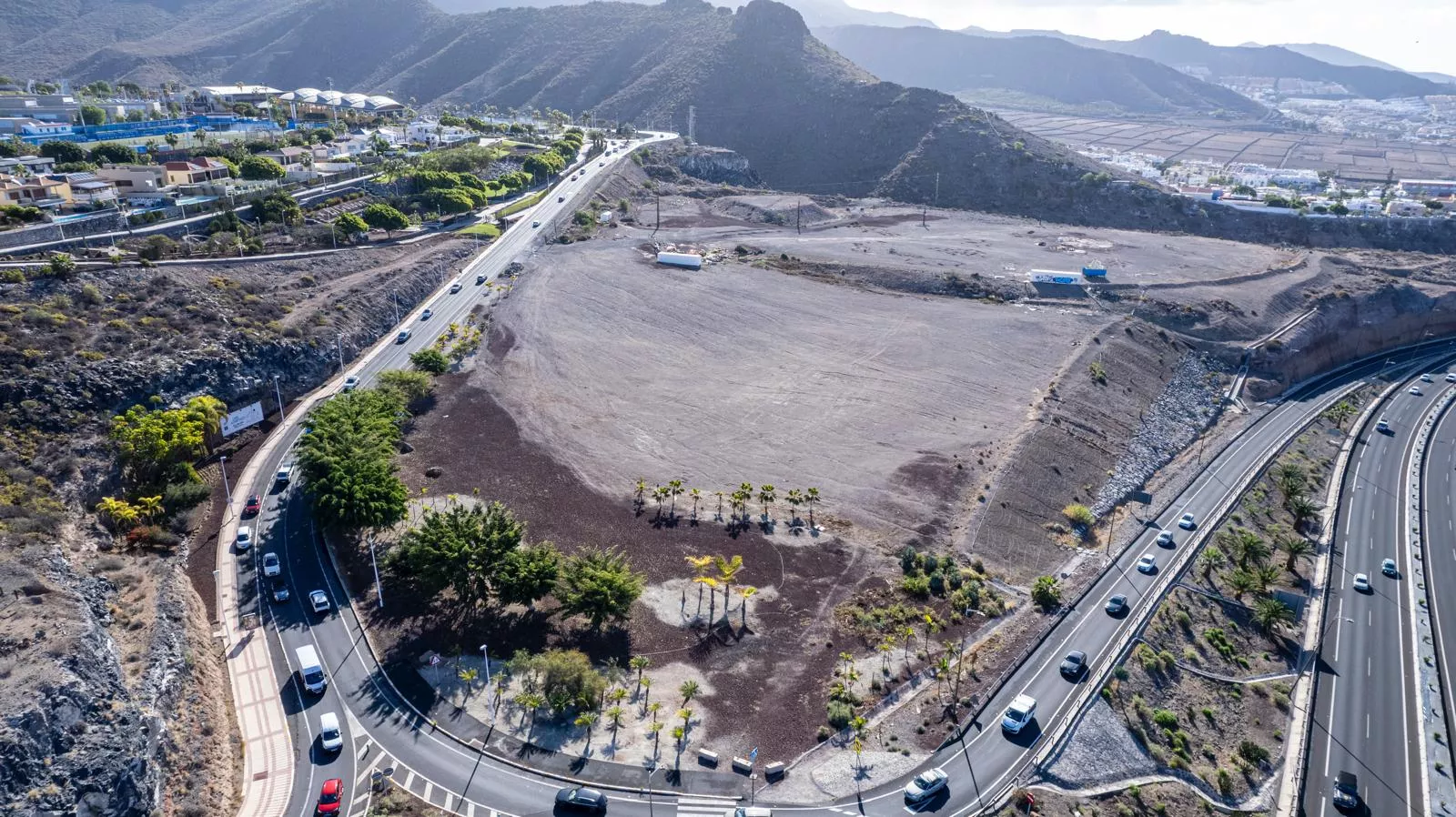
The Town Council of Adeje (Tenerife) is set to invest “nearly €800,000” in creating a thermophilic forest in the El Galeón area, as reported by the council in a statement. This green space will cover more than 35,000 square metres and aims to offset the municipality’s carbon footprint.
According to the council, this park will comprise “more than 29 native and non-native species” (those adapted from other locations). Among them, it is noted that there will be species from the cardonal-tabaibal region, as well as from laurisilva, fayal-brezal, and pine areas.
The intention is for this green space to be completed “within less than a year.” “This new green mass is related, precisely, to offsetting the municipality’s carbon footprint and reducing pollutant emissions, as it is expected that this forest area will absorb around 20 tonnes of CO2,” they communicate.
Through the statement, the Mayor of Adeje, José Miguel Rodríguez Fraga (PSOE), emphasises that the “commitment to reducing the municipality’s carbon footprint is absolute; we have been working on this for years and all the projects demonstrate it.” He also points out that this “large green mass” next to the motorway “is another step in our commitment to a sustainable municipality that respects its environment.”
These remarks come just one day before a planned demonstration, initially set to take place outside Fraga’s home but subsequently moved to Adeje square. This protest is prompted by the construction of the controversial tourist mega-project Cuna del Alma, a hotel development that has sparked outrage due to its location in one of the last untouched areas of the municipality and the ongoing support from the council despite the project being halted three times. Nevertheless, construction continues.
Furthermore, the vast green space currently being promoted will unfold in several phases and is expected to reach 70,000 square metres once completed, “featuring walkable areas and other elements for public use.” The project is part of the commitment undertaken by the council when it signed the Covenant of Mayors for Climate and Energy or approved the Climate Action and Sustainable Energy Plan (PACES) in 2020.
“In these documents, Adeje committed to various goals, such as improving its energy efficiency, increasing the production of renewable energy, enhancing the management of urban solid waste, and reducing the municipality’s CO2 emissions by 40% before the end of 2030,” they convey.














